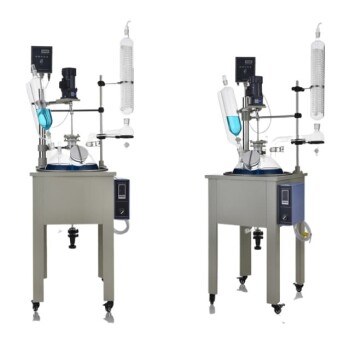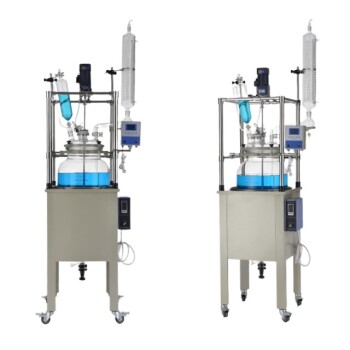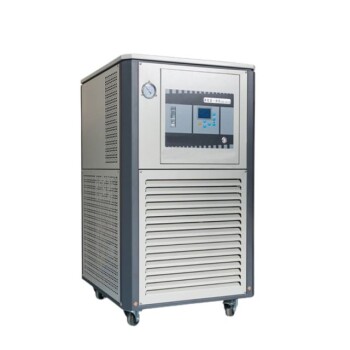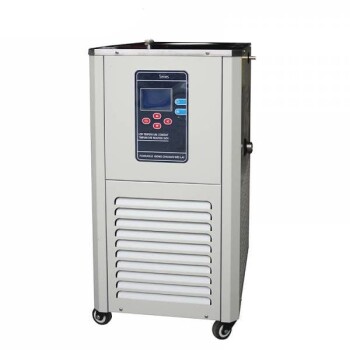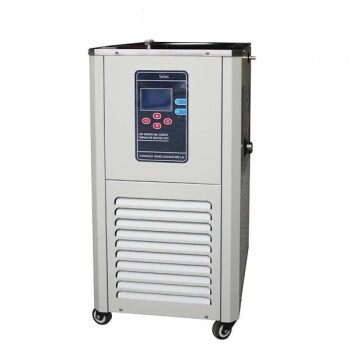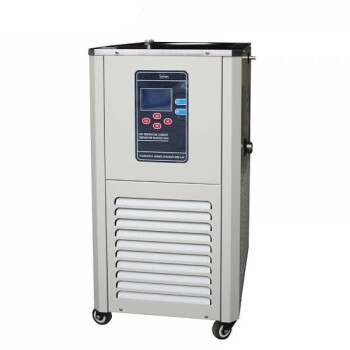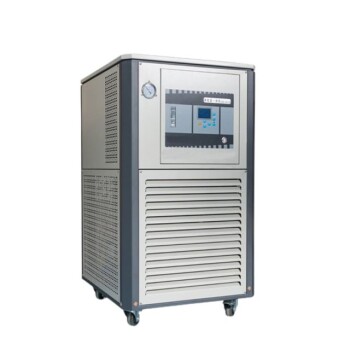The "rule of 20" or "Delta 20 rule" is a fundamental guideline for optimizing the operation of a rotary evaporator. It ensures efficient solvent evaporation and condensation by maintaining a temperature gradient of approximately 20°C between the heating bath, solvent vapor, and condenser. Specifically, the heating bath temperature should be about 20°C higher than the effective vapor temperature, and the condenser cooling temperature should be at least 20°C lower than the vapor temperature. This balance prevents overloading the condenser, protects the vacuum pump, and maximizes energy efficiency. Proper application of this rule is critical for achieving high evaporation output while maintaining system integrity.
Key Points Explained:
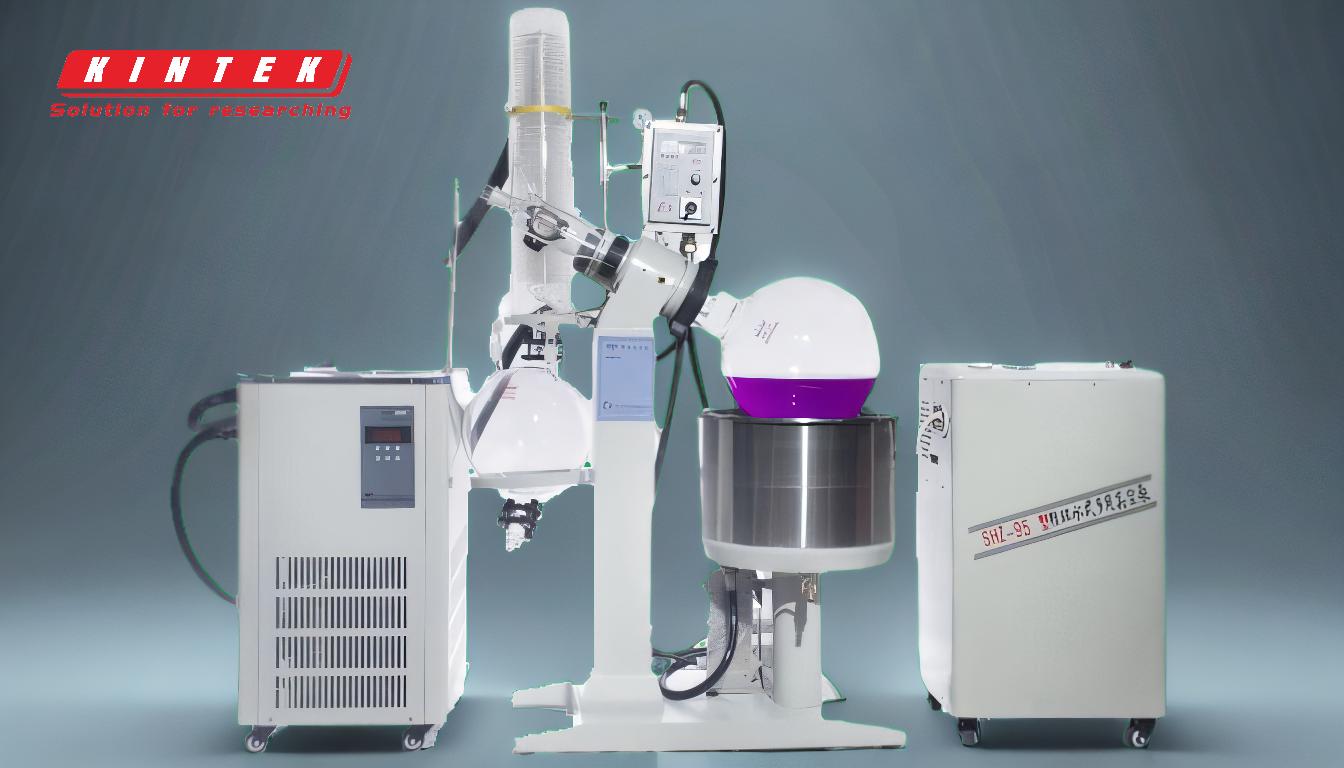
-
Understanding the Rule of 20:
- The rule of 20 is a guideline for maintaining specific temperature gradients during rotary evaporation.
- It ensures that the condenser cooling temperature is at least 20°C lower than the solvent vapor temperature.
- This temperature difference is critical for efficient condensation and preventing damage to the vacuum pump.
-
Temperature Gradients in Rotary Evaporation:
- Heating Bath Temperature: The bath temperature is typically set higher than the boiling point of the solvent to drive evaporation.
- Effective Vapor Temperature: Due to energy loss during evaporation, the actual vapor temperature is approximately 20°C lower than the heating bath temperature.
- Condenser Cooling Temperature: To ensure proper condensation, the condenser should operate at a temperature at least 20°C lower than the vapor temperature.
-
Example of the Rule in Practice:
- If the heating bath is set to 50°C, the effective vapor temperature will be around 30°C.
- The condenser should then be set to 10°C or lower to maintain the required 20°C temperature difference.
- This setup ensures efficient energy transfer and prevents overloading the condenser.
-
Importance of the Rule of 20:
- Efficient Condensation: Maintaining the 20°C gradient ensures that solvent vapors are fully condensed, preventing them from reaching the vacuum pump.
- Energy Efficiency: The rule balances energy addition (heating) and removal (cooling), optimizing the evaporation process.
- System Protection: By preventing vapor from entering the vacuum pump, the rule protects the pump from potential damage and extends its lifespan.
-
Practical Tips for Rotary Evaporation:
- Ensure the round-bottom flask is no more than half full to prevent splashing and uneven heating.
- For large volumes, transfer the solution to a larger flask or evaporate in smaller portions.
- Know the mass of the clean, empty flask before starting to accurately measure the amount of solvent removed.
- Do not turn off the rotary evaporator unless it is the end of the lab period, as frequent on/off cycles can reduce efficiency.
-
Additional Considerations:
- The rule of 20 is a rule of thumb and may need adjustments based on specific solvents, equipment, and experimental conditions.
- Always monitor the system during operation to ensure that the temperature gradients are maintained and that condensation is occurring efficiently.
By following the rule of 20, users can achieve optimal performance from their rotary evaporator, ensuring efficient solvent removal, energy savings, and protection of the equipment.
Summary Table:
| Aspect | Description |
|---|---|
| Heating Bath Temperature | Set ~20°C higher than the solvent's boiling point to drive evaporation. |
| Effective Vapor Temperature | Typically ~20°C lower than the heating bath due to energy loss. |
| Condenser Cooling Temperature | Set at least 20°C lower than the vapor temperature for efficient condensation. |
| Key Benefits | Efficient condensation, energy efficiency, and protection of the vacuum pump. |
Need help optimizing your rotary evaporator? Contact our experts today for personalized advice!







